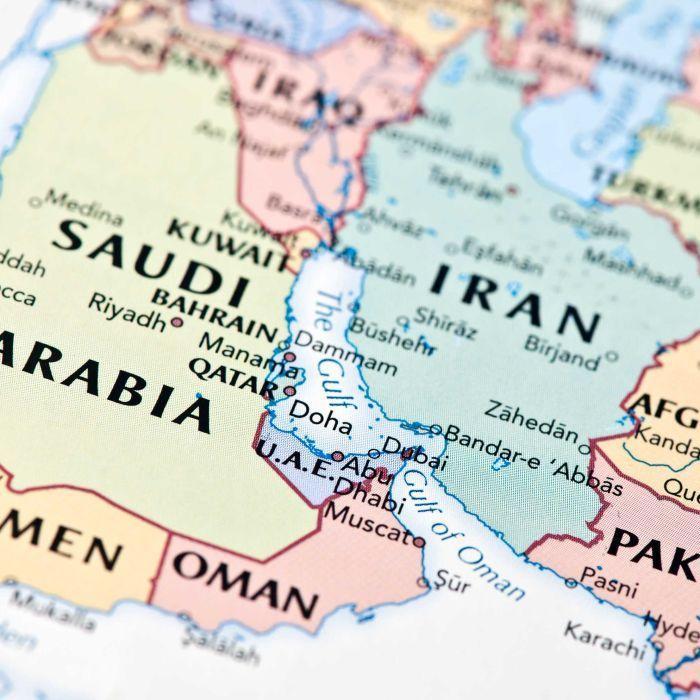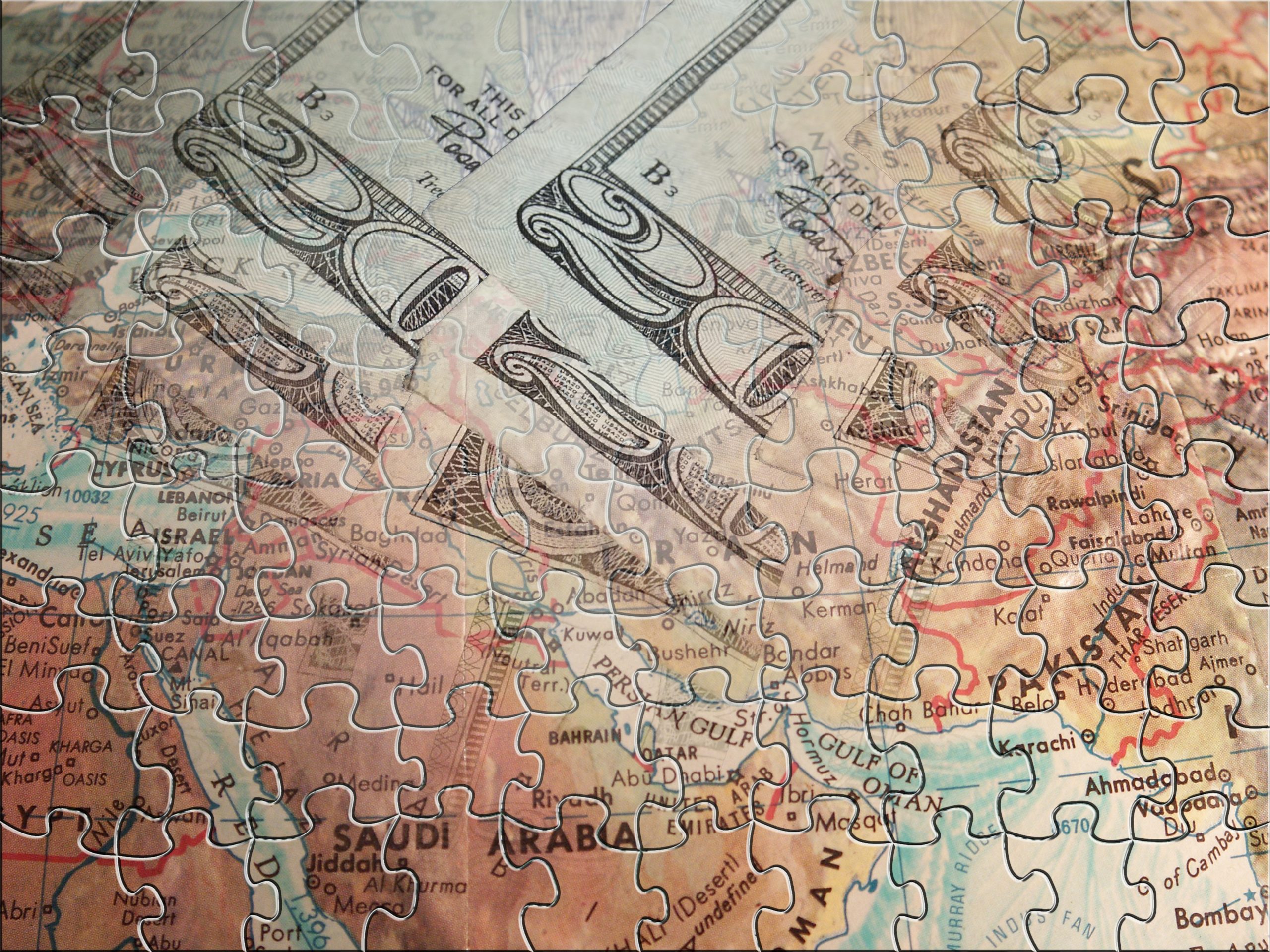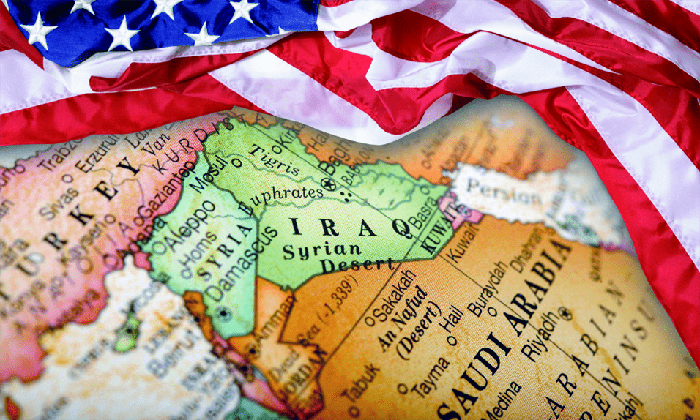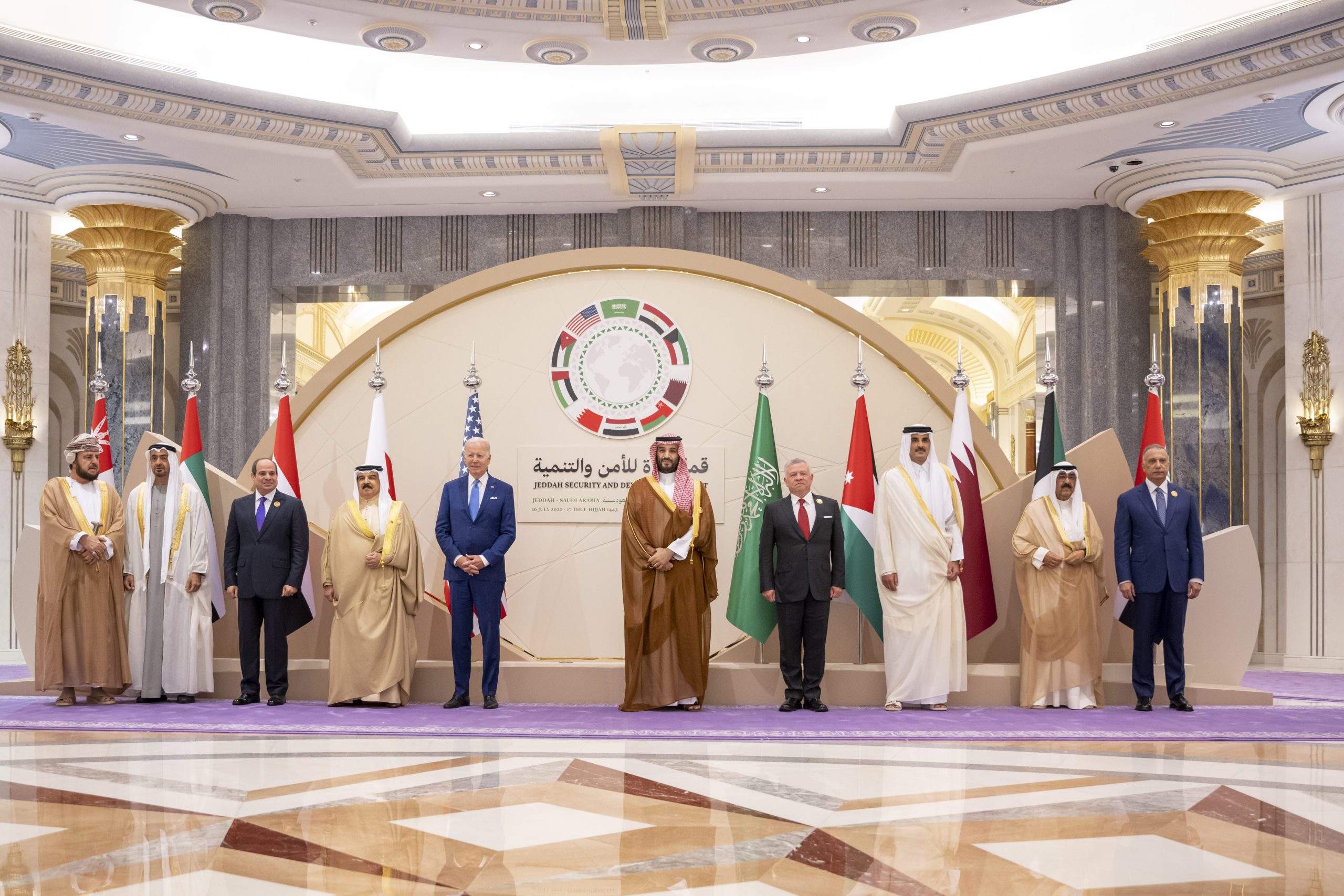Orient II 2013 – Israel & Palestine
Purchase the full Issue
26,00 € incl. VAT plus Shipping CostsSelect options This product has multiple variants. The options may be chosen on the product page
Access Issue with Subscription:
Log in or purchase a subscription with archive access to read this issue online.
Editorial
Dear ORIENT readers,
The Israeli-Palestinian conflict has been in the focus of world attention for many decades. Various different political initiatives undertaken by the UN, Europe, the U.S. and the Arab world have not achieved the aspired solution of the establishment of a Palestinian state living peacefully with its neighbour Israel. The intransigence of Israeli governments and sometimes also of the Palestinian authority, the continuing settlement policies and the lack of any proactive U.S. or European engagement have brought the process to a standstill. The new Israeli government under Benyamin Netanyahu seems to follow the negative attitude towards a two state solution. The first visit of Barack Obama as U.S. President to Israel and the Palestinian authority has brought again some lip service to do more but no real breakthrough in the continuing stalemate of the process. Other conflicts such as the ‘Arab Uprisings’ are now in the focus of the world community. The dramatic changes in the region will, however, also influence the Israeli-Palestinian relations. Can we still expect decisive movements to unblock the process? The following articles will give us many inside views and contribute to a more productive discussion about the future politics of Israel. Professor Ilan Pappé’s article looks at the post 1967 settlement policies applied by Israel and examines their historical origin. Professor Gerald Steinberg outlines the basic framework of Netanyahu’s foreign policy and assesses its impact on Israeli relations with the United States and Europe. Professor Gabriel Piterberg’s paper analyses the colonial nature of the Zionist project and retraces its origins, arguing that the early Zionists were heavily influenced by the colonization experiments which were undertaken in the late 19th century by the German Reich. Alexander Rüsche provides a general overview of the events and developments which took place since the signing of the Oslo Accords and argues that the effective implementation of the two states solution remains the only viable option which can restore peace in the region. Dr. Adham Saouli examines the impact of the Arab Uprisings on Hizbullah and Hamas. Dr. Yair Wallach argues against the essentialism of Zionism as a static and unchanging entity and demonstrates to what extent the core principles and self-definition of Zionism have changed since its inception. Dr. Samir Awad’s contribution deals with the ‘Palestinian Question”‘and future perspectives regarding the Palestinian-Israeli conflict. Finally, Dr. James Vaughan’s essay examines the relationship between Britain and Israel since 1948, and brings to light the probably less known fact, that far from being harmony and amicability, the history between the two states has been constantly marked by periods of mutual suspicion and strained relations.
Sincerely yours,
Dr. Gunter Mulack
Director of the German Orient-Institute





